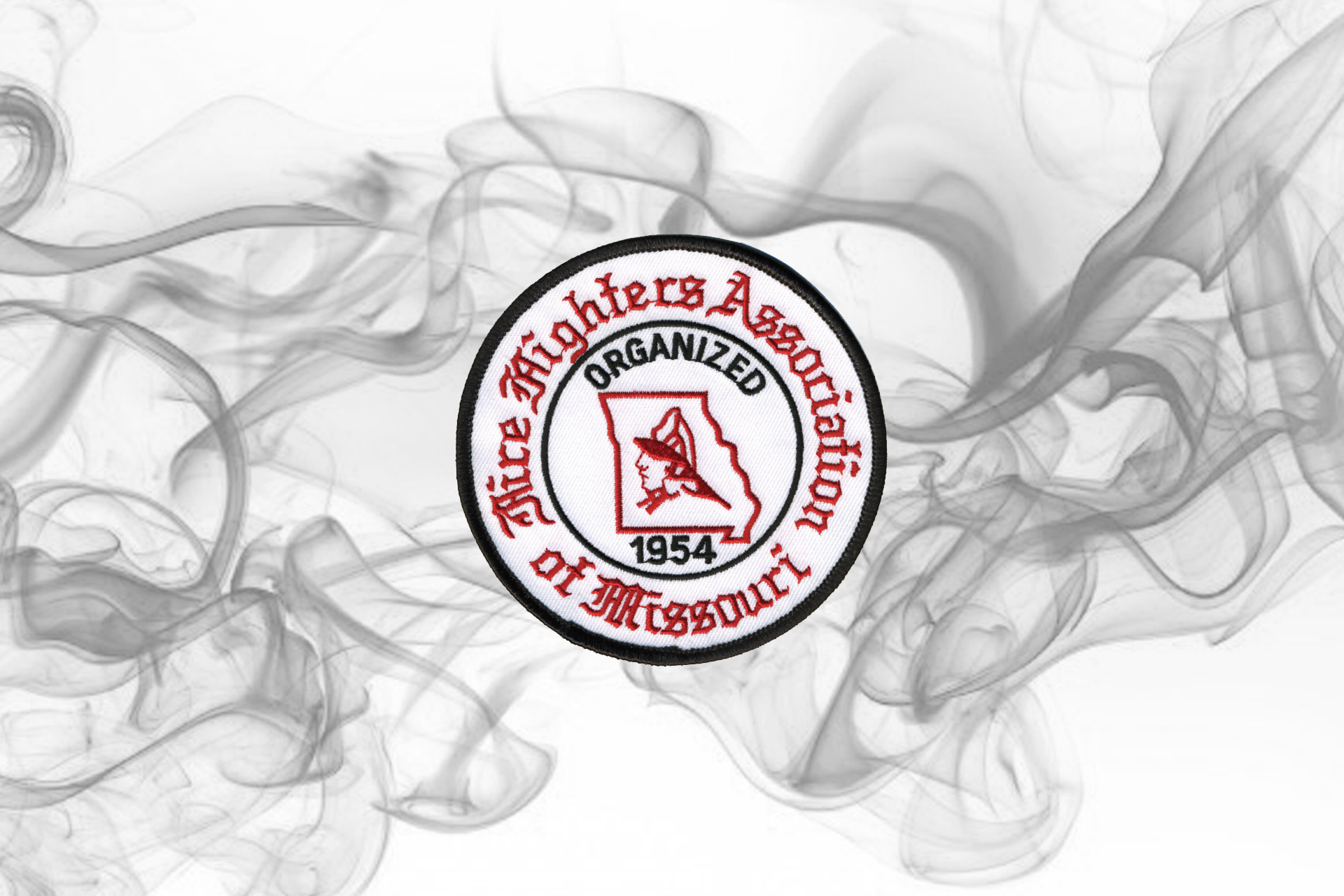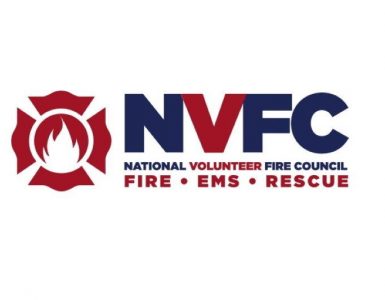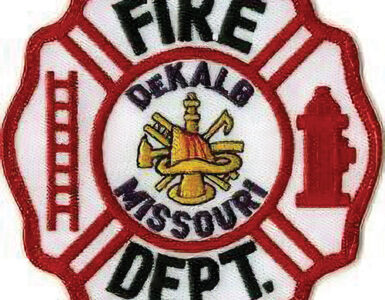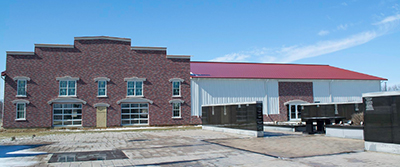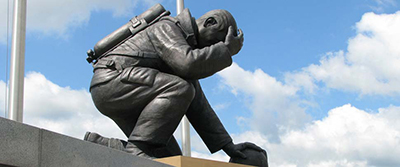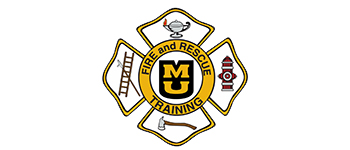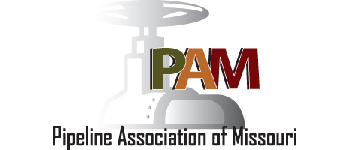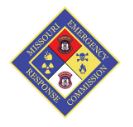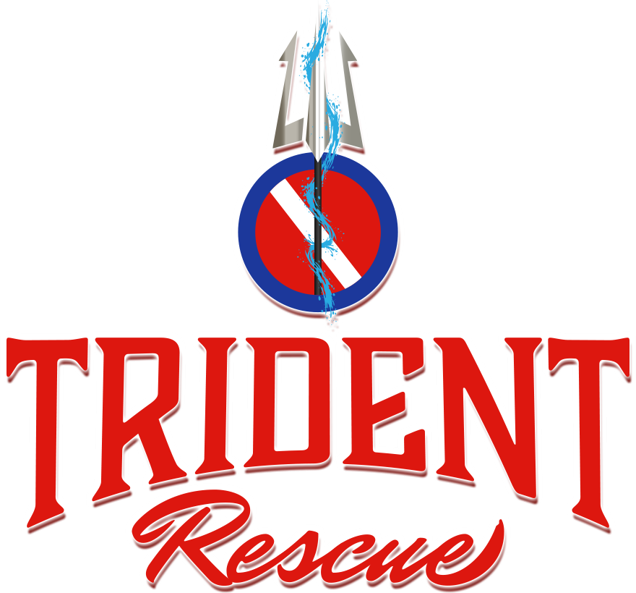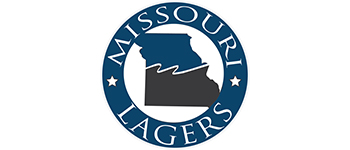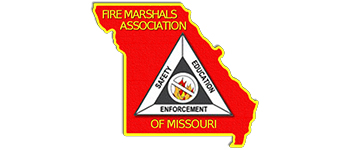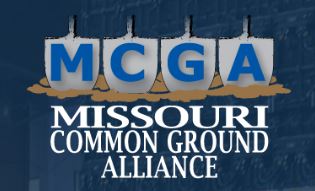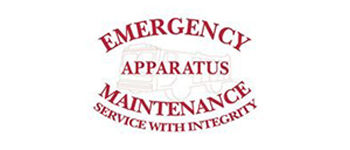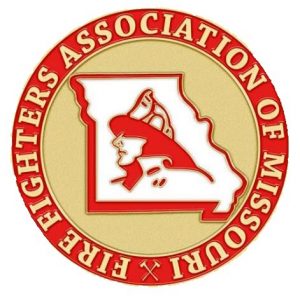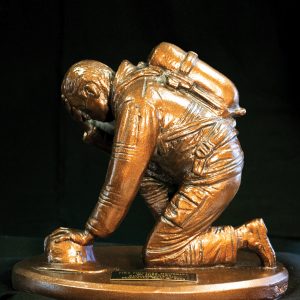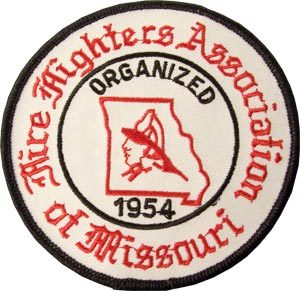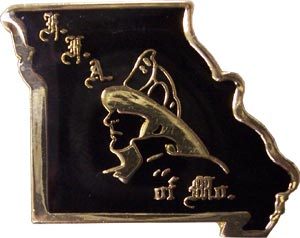Wow, summer is over, where did the time go? The Missouri State Fair has just been completed, the kids are returning to school, and before we know it, fall will be upon us and the temperatures will start to cool off.
I just returned from the state fair, where the department ran 192 calls this year. Thank you goes to Chief RB Brown and Assistant Chief Kegan Wilson and your staff for a great fair and experience.
In this article I will be writing about a Fire Department Mentor Program and how much of an asset it is to you and your department.
The fire service is always in a period of growth and transition. The growth of the communities in this state has led to a need for more firefighters. Also, the fire service is experiencing the retirement of many of its senior firefighters and officers. Both situations are creating a situation of rapid promotion of firefighters to technical grades and officer grades.
Training of these firefighters is generally very good. But, the lack of experience is a concern. To address this need and to implement a program that is of benefit to any organization, a mentoring program can and should be developed. A mentoring program can be developed to create a culture of mentoring within any department; a culture that ideally will develop into increased informal mentoring throughout the organization.
The formal aspects of mentoring can be implemented through education by giving mentoring training to all officers. In addition, all newly promoted firefighters would complete one year of formal mentoring as mentors. The reason for this is to impart knowledge, share experience, and provide a nurturing environment for success.
Mentoring is to complement performance and task success. Mentoring strives to accomplish the successful integration of the firefighters into the technical and officer ranks. At some point, the program should be self-perpetuating through informal and formal mentoring by officers who were once firefighters.
- Mentoring is firefighter-centered, not mentor, supervisor, teacher, or trainer-centered.
- Not all leader behaviors can be classified as mentoring behaviors. The common mentoring behaviors and functions are:
- Clarifying roles and objectives
- Monitoring
- Motivating and inspiring
- Supporting
- Developing
- Recognizing/Rewarding
- Role Modeling
- Counseling
- Coaching
- Providing acceptance/confirmation
- Leader activity that is generally not mentoring activity is:
- Planning and Organizing
- Problem-Solving
- Informing
- Monitoring
- Delegating
- Supervising
Goals of Mentoring:
- The primary goal of the mentor/protege relationship is to guide the protege to achieve growth.
- Also, it helps the protege see the possibilities and rise to the next level, both personally and professionally. Training augmented by mentoring increases a manager’s productivity by 88%.
Objectives of Mentoring:
- Establishing a relationship of trust.
- Modeling of behavioral norms.
- Listening to personal and job concerns.
- Helping search for alternative solutions.
- Sharing own relevant experiences.
- Responding to emotional needs without creating dependency on the mentor.
- Develop long-lasting personal and informal relationships.
People relate more readily and positively to peer assistance than to supervisory direction. It provides a non-threatening environment for learning and growth to occur. Mentors and mentoring relationships have a positive and powerful impact on professional growth, career advancement, and career mobility. It promotes the things a person moving into a managerial/leadership role must learn:
- Politics of the organization
- Norms
- Standards
- Values
- Ideology
- History of the organization
- Increased job satisfaction
Sharing and taking pride in their firefighter’s accomplishments
Invigorates and renews their commitment to their job and their profession
Leaves a legacy of the mentor
Organization Benefits:
- More employees complete their probationary periods.
- The enthusiasm, camaraderie, and professionalism that mentoring programs often achieve affect positively the entire culture of the organization.
- Promotes organizational values, norms and standards. Improved employee performance.
- Increased commitment to the organization.
- Improved flow of organizational information.
- Improved leadership/management development.
These are a few ideas that should be considered in the development and implementation of your program.
- Involve the entire department membership in the program development and implementation. Getting buy-in will be much more difficult if you do not.
- Keep the precepting and mentoring separate. Precepting is task, supervisory, directive, and evaluative oriented. Mentoring is relationship; career and personal success-oriented. Preceptors can informally mentor, Mentors should not precept.
- When a firefighter picks a mentor of their choosing, it most closely resembles informal mentoring, which is more powerful than formal mentoring. Consider having the firefighter choose any senior officer as their mentor. In all cases, the mentor would also need to accept the firefighter.
- Provide support and encouragement to all parties in the firefighter /mentor teams. Do not let them squander their time and do not let the relationship drift.
- Provide mentoring training to the department and the mentors. Also, give the mentors communications training.
- Evaluate the program throughout its progress and with a yearly evaluation and year-end report.
- Maintain all confidence. If confidentiality is not maintained between the mentors and the firefighter the program will fail, not just the pairing.
- The Fire Department must provide support and resources for the success of the program. The administration, management, and supervisors must be participants and supporters. Money and time must be allocated.
- If the department is not ready to implement a program, wait until all is in place. It will be very difficult to recapture and rebuild the lost support and buy-in if failure occurs due to poor planning, lack of resources, or lack of involvement.
Informal mentoring is very powerful. It has been taken for granted that it occurs throughout a fire department. This is not necessarily the case today with rapid promotions, fluid personnel shifting to new assignments, and the large number of retirements occurring. A formal mentoring program should be implemented, implemented correctly, to create a culture of mentoring in your fire department that promotes informal mentoring. Build a mentoring program to pass on your fire department’s positive role modeling, history and culture.
If the FFAM can be of any assistance, or if you would like to invite us to an event, please reach out to me by email at grant_oetting@yahoo.com or call my cell at 660-229-4525, if I don’t answer please leave me a voicemail. Until next time…Be safe my brothers and sisters.


